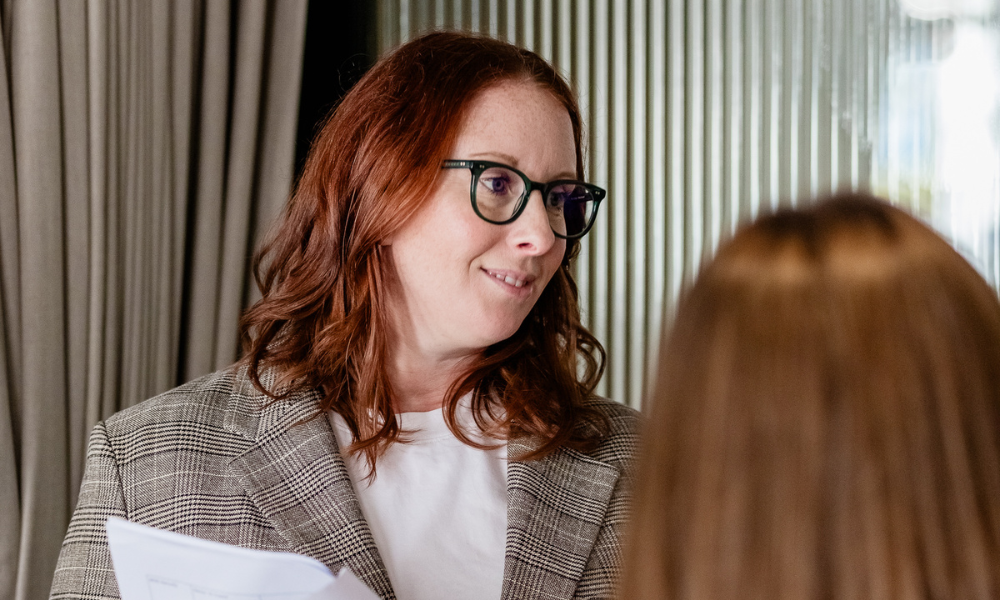
Creating better recruitment experiences could be good for business and candidates

Hiring is not just a recruitment process. It is also a brand opportunity, and the experience of candidates could be as important to an organisation as the customer experience, according to a group of senior human resource and people leaders.
This was one of the ideas discussed at a recent roundtable of industry leaders hosted by global hiring platform Indeed.
Discussion about how to improve the candidate experience followed the launch of the Indeed’s latest research paper, Take the Guesswork Out of Hiring: What jobseekers really want.
The report found the hiring experience offered by many employers did not match candidate expectations.
“Job seekers want hiring to feel like the start of a real relationship, not a transaction. They’re looking for clarity, communication, respect, and trust — not cryptic job ads, radio silence, or endless hoops to jump through,” the report said.
“The employers who get this, and act on it, will be the ones winning the best talent in 2025 and beyond.”
The roundtable shared examples of how poor recruitment processes can harm business reputation and have a commercial impact because candidates could also be existing or potential customers.
There was also discussion about how poor recruitment processes can suggest wider issues with an organisation’s culture and this can lead to applicants pulling out of the process or not accepting an offer.

Indeed country marketing director, Australia, India and Singapore, Rachael Townsley (pictured centre above) said the report showed that speed in reruitment matters, with one quarter of respondents saying they had walked away from a role because the hiring process went on too long.
"We don't need to reinvent the wheel here, we just need to nail the fundamentals consistently and treat hiring like the start of a relationship, not just a transaction," she said.
The Indeed research found many job seekers, applying for roles feels like running an obstacle course, with 24% of candidates saying they’ve walked away from an application because the process simply took too long.
And 88% of Australian job seekers said they had applied for a role and never heard back.
“For job seekers who’ve spent hours tailoring resumes, crafting cover letters, prepping for interviews, and putting their best foot forward, silence is worse than a rejection. It feels like disrespect,” the report said.
There was agreement that delivering a better recruitment experience required upfront communication about the organisation’s interview process, the timeline and clear and responsive communication with applicants.
There were also shared examples of applicants receiving discounted services or products as a thank you for applying.
One approach had been to create a weekly report showing responses to candidates for vacant roles to improve accountability.
Talent pools were also used to help with future recruitment and to build relationships with applicants.
As one leader put it:
“People remember. Don’t lose the personal touch.”
“The professional is personal.”